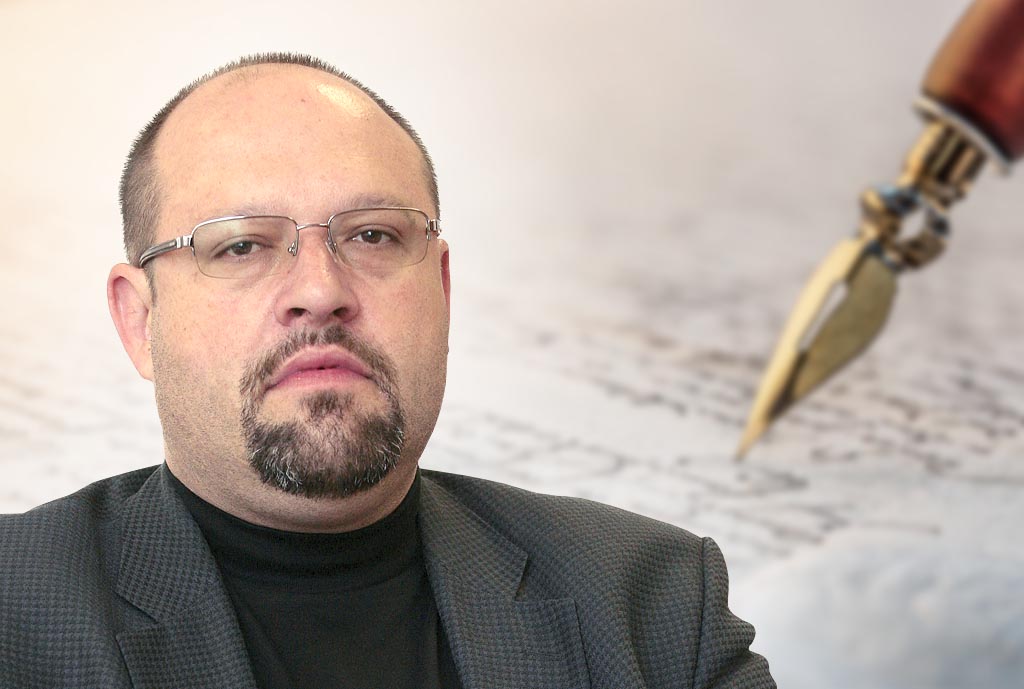By: Dr Matevž Tomšič
One of the fundamental principles of the institutional architecture of the European Union is the division of powers between different levels of policy implementation (“multilevel governance”). There are areas in which European institutions have primary competence; areas where member states have primary jurisdiction or their institutions; but there are also areas where there are common or shared powers of European institutions and member states. At the latter, coordination takes place between the European and national levels, so that, in principle, a mutual agreement is reached in the final phase.
The principle of division of powers presupposes that institutions at different decision-making levels – both European and national – are autonomous in their operation. This means that it must not happen that certain members (usually larger and richer countries) impose their interests on the entire EU; but also, not that the institutions of the EU – or its representatives – interfere in the internal affairs of the member states.
However, this happens more often than you would like. It has already been proven several times that the EU institutions do not use the same standards to judge what is happening in individual member states. The assessments that they prepare and publish in various reports are often political or ideologically motivated. This means that they judge the situation in individual countries according to who is in power there at a given moment. Especially the left part of European politics does this in a very intense and often aggressive way. Its representatives try in various ways to help their party colleagues in individual countries, which is nothing more than interfering in the internal affairs of these countries.
The recent visit of European Commission Vice-President Věra Jourova, responsible (also) for media, to Slovenia also belongs to this context. She is a politician who has repeatedly demonstrated her bias when commenting on the situation in the Slovenian media space. In the recent past, she publicly criticised the previous government’s alleged pressures on the media, especially public radio, and television. But now, when the current government is carrying out significantly more drastic interventions, when it changed the law on this institution in an express procedure and contrary to the rules with the aim of removing the current management and governing bodies and establishing permanent control of the left-wing political option over it, not only does she not criticise, but even supports such actions. She is not even bothered by the fact that the Minister of Culture is constantly sending inspections to public radio and television, and that for purely ideological reasons. Clearly, now “hers” are in power.
The true purpose of the visit was revealed in the very set of people with whom Jourová met. It was only about representatives of the ruling group, as there was no one from the ranks of the opposition or civil society organisations that are critical of the current government. But her visit to the President of the Constitutional Court of the Republic of Slovenia, Matej Accetta, was particularly problematic (she even visited him first). Visits by politicians to this institution are not something frequent, let alone normal. Jourová stated that the topic of the conversation was not the decision on the (un)constitutionality of the new law on RTVS. But what else were they supposedly talking about then? The Constitutional Court does not have any other media cases “in stock”. It is obvious that Jourová is very interested in what the verdict will be on the said law. And you could tell between the lines that she wanted its confirmation. Therefore, this visit can undoubtedly be considered a form of pressure on the Slovenian Constitutional Court.
Obviously, it is not only state politics that likes to interfere in the functioning of nominally independent institutions. We see that representatives of the European Union are also doing this. And Jourová’s visit was primarily a form of help to her party colleagues who lead the current government, for whom the establishment of media control is not going according to plan.
